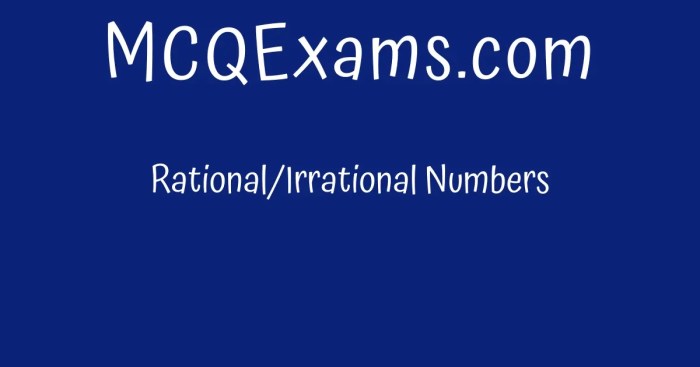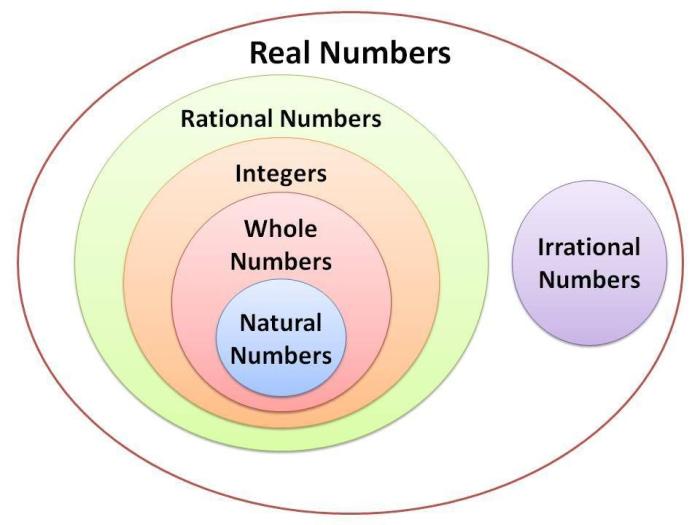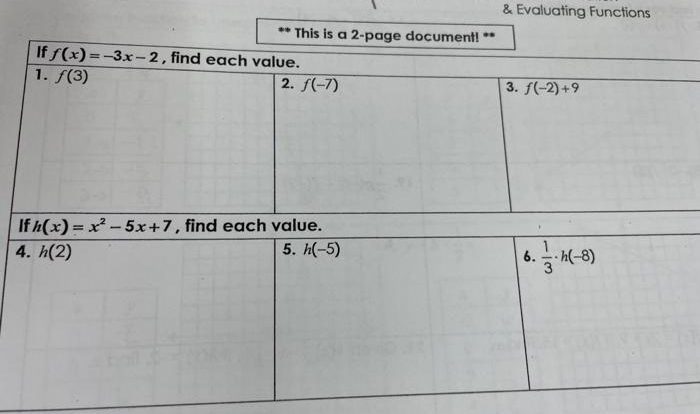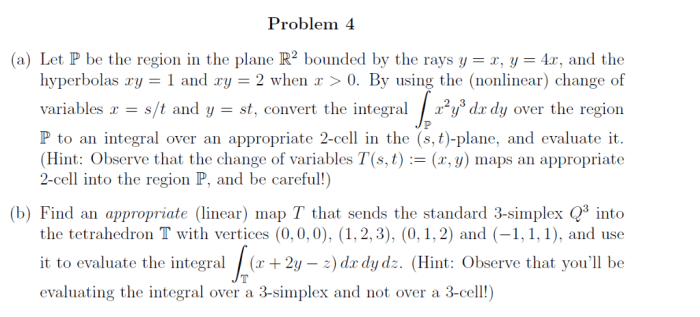Rational and irrational numbers quiz – Embark on a captivating journey into the realm of numbers as we delve into the fascinating world of rational and irrational numbers. This quiz will challenge your understanding and provide a deeper insight into these fundamental mathematical concepts.
Prepare to unravel the mysteries of numbers, exploring their characteristics, methods of identification, and real-world applications. Get ready to test your knowledge and expand your mathematical horizons with our comprehensive rational and irrational numbers quiz.
Rational and Irrational Numbers: A Comprehensive Overview

Numbers play a vital role in our everyday lives, and understanding their properties is essential. Rational and irrational numbers are two fundamental types of numbers with distinct characteristics.
Defining Rational Numbers
Rational numbers are numbers that can be expressed as a fraction of two integers, where the denominator (bottom number) is not zero. In other words, a rational number can be written in the form a/b, where a and b are integers and b ≠ 0.
Defining Irrational Numbers, Rational and irrational numbers quiz
Irrational numbers, on the other hand, cannot be expressed as a fraction of two integers. They are non-terminating, non-repeating decimals. The most famous example of an irrational number is π (pi), the ratio of a circle’s circumference to its diameter.
Characteristics of Rational and Irrational Numbers
- Rational numbers are dense, meaning there are an infinite number of rational numbers between any two given rational numbers.
- Irrational numbers are not dense, meaning there are gaps between any two irrational numbers.
- Rational numbers can be represented on a number line as points, while irrational numbers cannot be precisely represented on a number line.
Classifying Numbers as Rational or Irrational
To classify a number as rational or irrational, several methods can be employed:
- Integer test:If a number can be written as an integer, it is rational.
- Fraction test:If a number can be written as a fraction of two integers, it is rational.
- Decimal test:If a number is a terminating or repeating decimal, it is rational. If it is a non-terminating, non-repeating decimal, it is irrational.
It is important to note that these methods are not always conclusive. In some cases, it may be necessary to use more advanced mathematical techniques to determine the nature of a number.
Helpful Answers: Rational And Irrational Numbers Quiz
What is the difference between a rational and an irrational number?
Rational numbers can be expressed as a fraction of two integers, while irrational numbers cannot be represented as such and have non-terminating, non-repeating decimal expansions.
How can I identify irrational numbers?
Irrational numbers can be identified using various methods, such as proving that they are not rational (e.g., using the method of contradiction) or by demonstrating that their decimal expansions are non-terminating and non-repeating.
What are some real-world applications of rational and irrational numbers?
Rational numbers are used in everyday calculations, such as measuring distances or calculating ratios. Irrational numbers find applications in areas like geometry (e.g., the value of pi) and physics (e.g., the speed of light).





